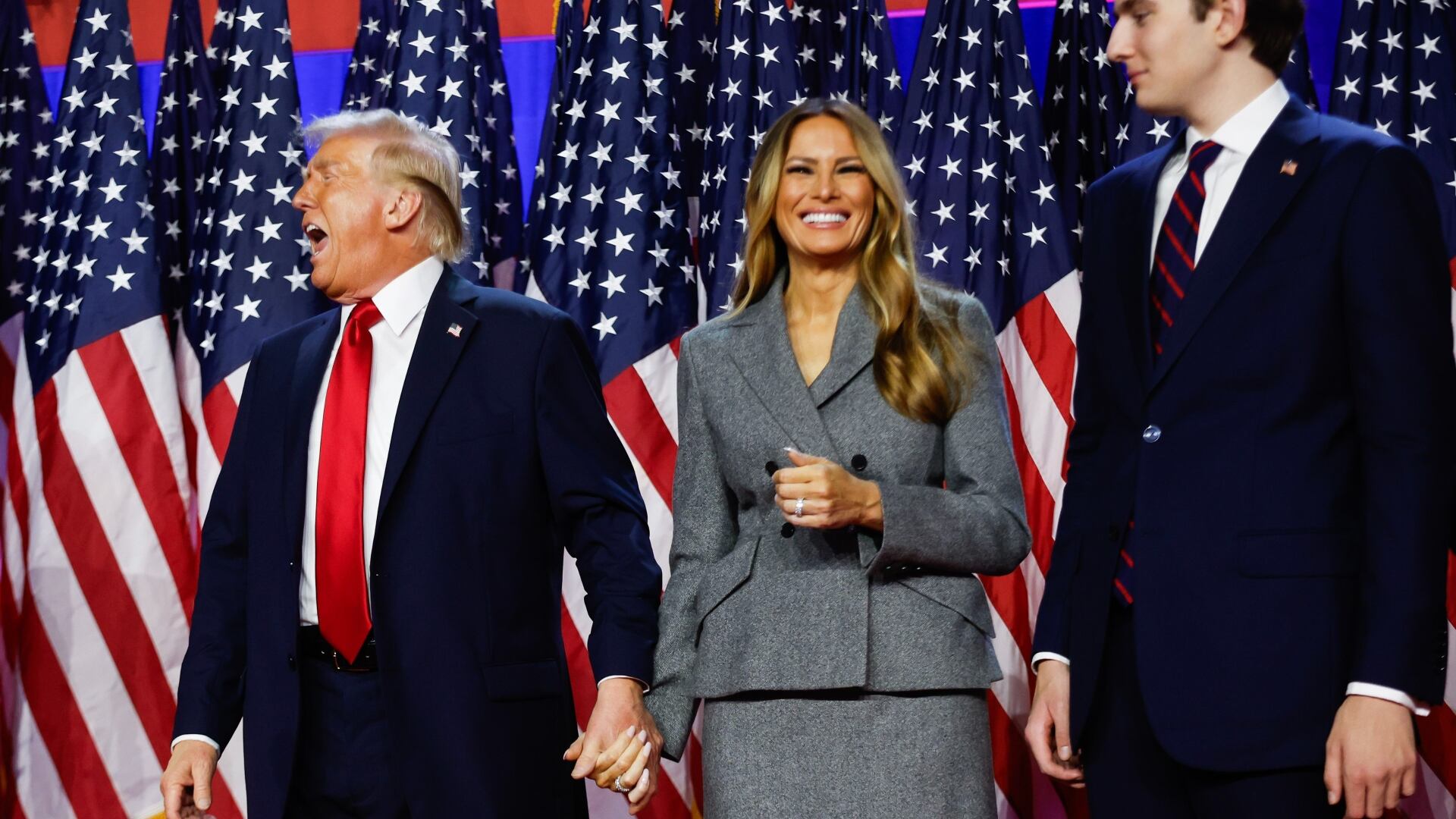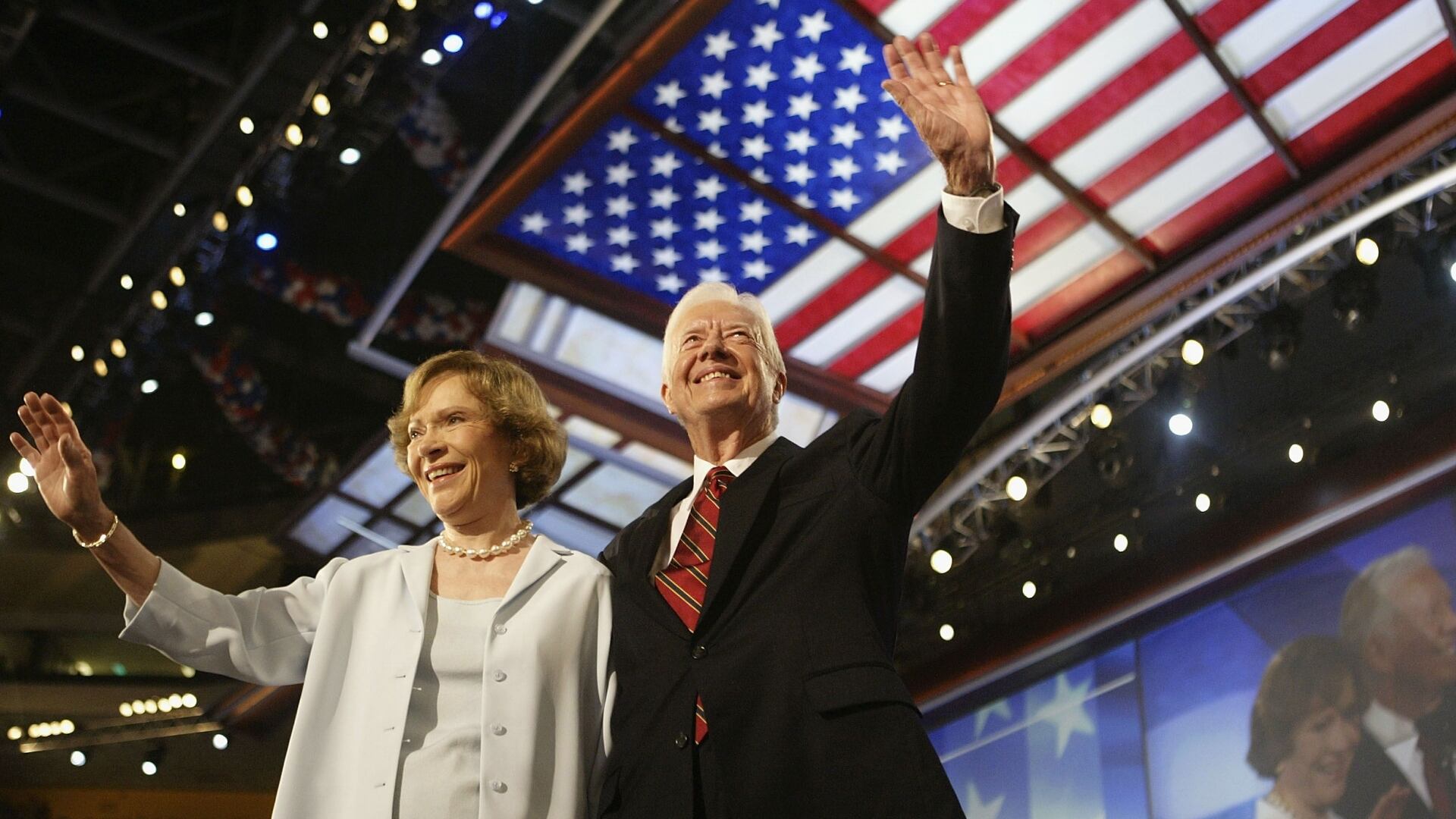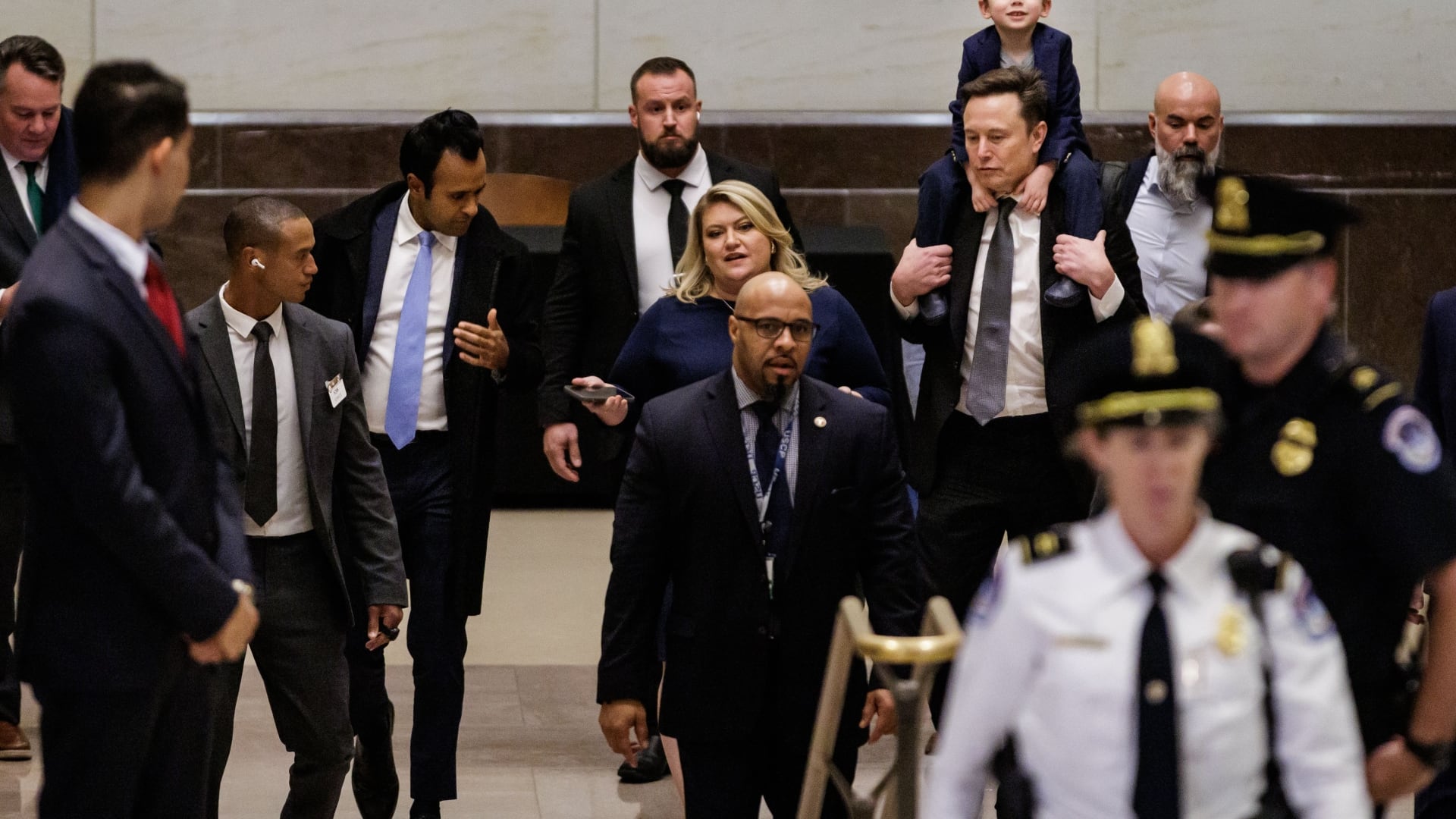*By Christian Smith* Kansas Rep. Stephanie Clayton is leaving the Republican Party behind after the GOP leaders in her state pulled their support for a bipartisan plan to fund the local education system in what she called a "power play" to damage the incoming Democratic governor. "What ultimately did it for me was when party leadership decided that they wanted to completely scrap an education plan that we had all spent about two years working hard to put together," Clayton told Cheddar in an interview Thursday. Clayton said she believes the GOP policy shift was, in fact, a political maneuver to damage incoming Democratic Gov. Laura Kelly's reputation. "The area that I represent is an area that is very strongly supportive of education and as such, I knew that I really couldn't be in line with my party any more especially on that issue ー so I'm done," she said. Clayton joins Kansas State Sens. Dinah Sykes and Barbara Bollier, who both officially left the Republican Party earlier this month and rebranded themselves as Democrats. Education funding has been an intensely debated issue in Kansas politics since former Republican Gov. Sam Brownback stripped the state's education budget in 2012 as part of his tax cut experiment. Brownback believed the massive cuts would spur major economic growth in Kansas, but the state's economy eventually suffered. Between 2013 and 2016, Kansas’ real gross domestic product only grew by 3.8 percent, while national GDP growth was nearly double that, at 7 percent, according to the [Federal Reserve Bank of St. Louis Economic Research](https://fred.stlouisfed.org/series/GDPC1). Now Kansas is trying to put the pieces back together, working on a new education budget that right some of the wrongs of the Brownback era ー until the state's Republican leaders pulled the plug on the two-year long effort. "They decided to scrap the whole thing as part of a power play, I assume, against our new Democratic governor," Clayton said. Despite the decision by Clayton, Sykes, and Bollier to switch parties, Republicans still hold a supermajority in the Kansas state House and Senate. For full interview [click here](https://cheddar.com/videos/why-one-kansas-state-representative-left-the-republican-party-behind).












